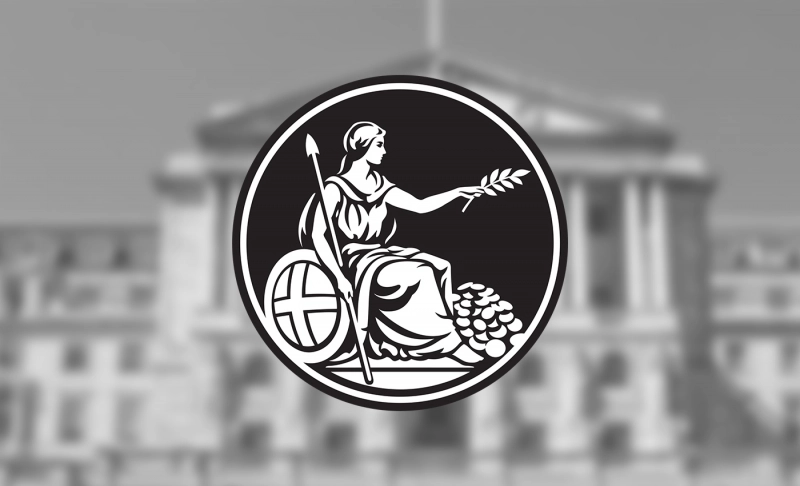By: Ankita Kulkarni
November 14 2022

CBDCs are intended to make financial transactions safer and better regulated. Claims that it would be used to control people's income are baseless.
Context
Central banks worldwide are exploring implementing digital currencies of their own after the rise in popularity of cryptocurrencies like Bitcoin. Recently the Bank of England (BoE), in conjunction with the U.K. government, has also been assessing the viability of creating a Central Bank Digital Currency (CBDC), but has not yet decided on whether to introduce one.
Amid these developments, a Facebook post shared on November 4, 2022, claims that these CBDCs are an attempt by the government to control people's income. The post includes a two-minute video extract featuring comedian and known conspiracy theorist Russell Brand talking about CBDCs. He makes several claims in the video linking to other unproven conspiracy theories like the New World Order and The Great Reset, but these narratives are baseless.
In Fact
Brand does not provide any evidence to show how the government would control people's income through digital currency. The BoE says it is considering a CBDC – which has not been introduced in the U.K. – simply because the general public is shifting to different payment methods: "People are using cash less. These changes mean new opportunities and risks that we need to plan for."
In 2020, the BoE published an illustrative model of the potential opportunities, challenges, and design of a CBDC. The paper explains that a CBDC would be an electronic form of central bank money, like a cryptocurrency, that households and businesses could use to make payments. The aim of a CBDC is to improve resilience and efficiency in an increasingly cashless society.
The paper explicitly references privacy regulations, "such as the 2018 General Data Protection Regulation (GDPR), which would apply to the Bank of England, Payment Interface Providers, and any other firms providing CBDC‑related services. Simply, it means that users should have control over how their data is used and who it is shared with." Therefore, any concerns that users' data will be misused to control their money are also unfounded.
The International Monetary Fund's (IMF) Managing Director Kristalina Georgieva has pointed out other benefits of CBDCs, stating, "Limits on holdings of CBDCs also help meet people's desire for privacy while guarding against illicit financial flows." Therefore, it is clear that CBDCs are being considered for the welfare of citizens worldwide, not with nefarious intentions of world control.
In the viral video, Brand also claims that CBDCs can be used as a means of control and to implement a social credit system in the U.K. However, there is no plan for the U.K. government to implement such a system in Britain. Logically has debunked this before, and other similar claims alleging European governments were using climate change issues to bring about a social credit system similar to the China model. Although social credit systems can be used to control people's behavior, this is not being introduced in the U.K.
Towards the first half of the video, Brand also draws a correlation between the functioning of CBDCs and the statement, "You will own nothing, you will be happy." This statement has been repeatedly linked to the WEF, including by Brand himself. This phrase is often shared as proof that the WEF wants to end property ownership by 2030. However, it originates from an opinion piece written by a WEF blog platform contributor and does not reflect the organization's goal for the world.
To summarize, there is no evidence that the U.K. government will control the public's money through CBDCs. They are just conspiracy theories without any evidence. Moreover, Brand is a known conspiracy theorist who claims to "explain" events and policies but merely propagates unfounded claims.
The Verdict
Central banks are looking at creating viable alternatives to cope with changing technology and the needs of citizens. There is no evidence for claims that the government is planning to control people's income through CBDCs. Therefore, we have marked the claim as false.